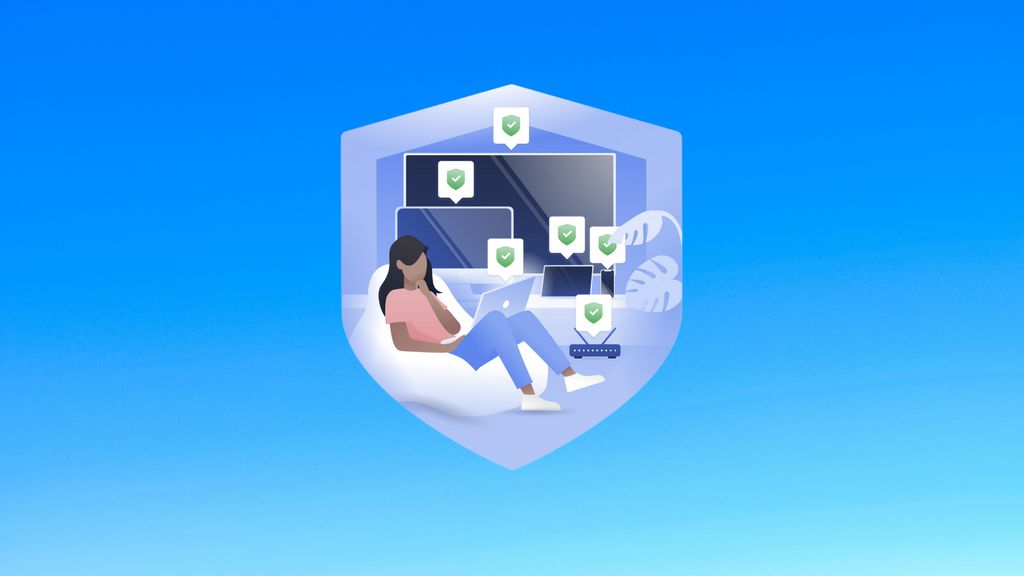In today’s digital age, online privacy and security have become major concerns for individuals and businesses alike. One effective tool for safeguarding your internet connection and protecting your data is a Virtual Private Network (VPN). VPNs offer a range of security features that help ensure your online activities remain private and secure. In this article, we will explore the top VPN security features you need to know to make an informed decision when choosing a VPN provider.
Key Takeaways
- A VPN encrypts your internet traffic, making it unreadable to hackers and other third parties.
- Encryption protocols like OpenVPN and IKEv2 provide strong security for your data.
- A Kill Switch feature automatically disconnects your internet connection if the VPN connection drops, preventing any data leaks.
- Choosing a VPN provider with a strict no-logs policy ensures that your online activities are not recorded or monitored.
- VPN security features are essential for protecting your online privacy and keeping your sensitive information secure.
Understanding VPN Security

What is a VPN?
A VPN, or Virtual Private Network, is a technology that allows you to create a secure connection over the internet. It acts as a tunnel between your device and the websites you visit, encrypting your data and protecting it from prying eyes. With a VPN, your online activities are shielded from hackers, government surveillance, and other potential threats.
How Does VPN Security Work?
VPN security works by creating a secure and encrypted connection between your device and the internet. When you connect to a VPN server, your internet traffic is routed through an encrypted tunnel, making it difficult for anyone to intercept or monitor your online activities. This provides a layer of online anonymity and protects your sensitive information from being accessed by hackers or government surveillance.
Essential VPN Security Features
Encryption Protocols
When it comes to VPN security, encryption protocols play a crucial role in ensuring secure browsing. Encryption protocols are the algorithms and methods used to encrypt and decrypt data transmitted over the VPN connection. They provide a layer of protection by converting data into an unreadable format, making it difficult for hackers or unauthorized individuals to intercept or decipher. There are several commonly used encryption protocols, including OpenVPN, IPSec, and WireGuard. Each protocol has its own strengths and weaknesses, so it’s important to choose a VPN provider that offers strong and reliable encryption protocols.
Kill Switch
A kill switch is an essential VPN security feature that ensures your internet connection is always protected, even if the VPN connection drops. It acts as a fail-safe mechanism that immediately cuts off your internet connection if the VPN connection is lost. This prevents your data from being exposed to potential threats or surveillance. With a kill switch, you can browse the web with peace of mind, knowing that your online activities are secure and private.
No-Logs Policy
A crucial VPN security feature is the no-logs policy, which ensures your online activities are not recorded or stored by the VPN provider. With a no-logs policy, your browsing history, IP address, and other personal information remain private and protected. This feature is especially important for users who prioritize privacy and want to keep their online activities anonymous. By choosing a VPN with a strong no-logs policy, you can have peace of mind knowing that your data is not being collected or shared with third parties.
Frequently Asked Questions
1. How does a VPN enhance security?
A VPN enhances security by encrypting your internet connection, making it difficult for hackers or third parties to intercept your data.
2. Are all VPNs equally secure?
No, not all VPNs are equally secure. The level of security provided by a VPN depends on factors such as the encryption protocols used and the provider’s commitment to privacy and security.
3. Can a VPN protect against malware and viruses?
While a VPN can add an extra layer of security to your online activities, it is not designed to protect against malware and viruses. It is still important to use antivirus software and practice safe browsing habits.
4. Can I use a VPN on my mobile device?
Yes, most VPN providers offer apps for mobile devices, allowing you to secure your internet connection on smartphones and tablets.
5. Is it legal to use a VPN?
The legality of using a VPN varies from country to country. While VPNs are legal in many countries, there are some that restrict or ban their use. It is important to research and comply with the laws of your country.
6. Can a VPN slow down my internet connection?
Using a VPN can potentially slow down your internet connection, as the encryption and routing processes add some overhead. However, with a reliable VPN provider and a fast internet connection, the impact on speed is usually minimal.


Leave a Reply